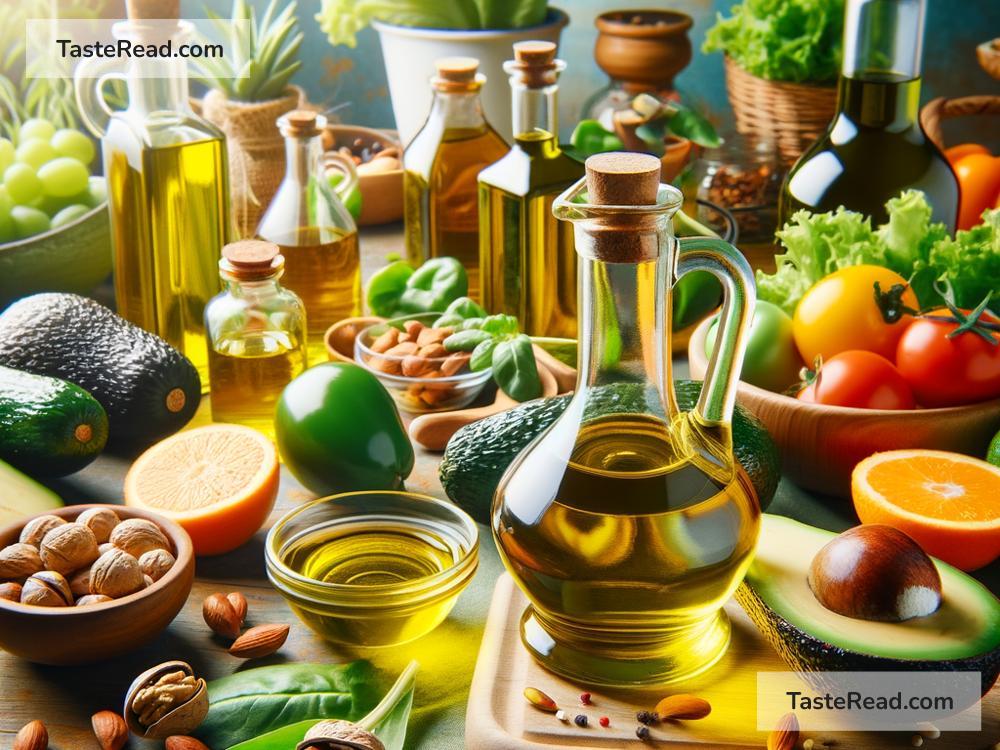Understanding the Role of Dietary Squalene in Health
Have you ever heard of squalene? It’s not the most famous nutrient, but it plays a powerful role in supporting your health. Found naturally in certain foods and produced in small amounts by your body, squalene is a compound that deserves more attention. This blog will explain what squalene is, how it benefits your health, and the best ways to get it through your diet — all in straightforward terms.
What Is Squalene?
Squalene is a type of natural fat-like substance known as a lipid. It is classified as a triterpene, a molecule made up of carbon and hydrogen atoms. Squalene is unique because it is a precursor to cholesterol in your body. That means your body uses squalene to create cholesterol, which is essential for cell function, hormone production, and vitamin D synthesis.
Squalene is also an antioxidant. This means it helps to protect your cells against damage caused by free radicals, which can harm your body over time and lead to aging and disease. Scientists have explored squalene’s effects on health for decades, discovering fascinating benefits tied to this lesser-known compound.
Why Is Dietary Squalene Important?
Your body naturally produces squalene, especially in early life, but this production decreases with age. That’s where dietary squalene comes in. Getting squalene through food can support your body’s natural processes and may help prevent health issues.
Here are some of the primary roles and potential benefits of dietary squalene:
1. Skin Health
Squalene is famous for its role in keeping skin healthy and hydrated. It’s often used in skincare products because it can mimic your skin’s natural oils, locking in moisture and reducing dryness. When consumed through your diet, squalene contributes to skin health from the inside out by promoting elasticity and protecting against environmental damage.
2. Antioxidant Properties
The antioxidant power of squalene is one of its standout qualities. Antioxidants fight against free radicals—unstable molecules that can damage cells and lead to conditions like heart disease, cancer, and signs of aging. Squalene helps neutralize these harmful molecules, reducing oxidative stress and promoting overall wellness.
3. Support for Heart Health
Research suggests that squalene may support heart health by promoting healthy cholesterol levels. It’s believed to boost HDL (the “good” cholesterol) and reduce LDL (the “bad” cholesterol), helping to ensure proper heart function and circulation.
4. Immune System Boost
Squalene has been shown to strengthen the immune system. By supporting cell repair and health, squalene indirectly helps your body defend itself against infections, illness, and chronic diseases.
5. Potential Anti-Cancer Properties
Though research is still in its early stages, scientists are exploring the role of squalene in fighting cancer. Its ability to protect cells from damage and reduce inflammation may contribute to lowering the risk of certain cancers. This exciting area of study suggests that squalene could one day be part of cancer prevention strategies.
Which Foods Are Rich in Squalene?
Squalene is found in a variety of natural sources, especially foods high in healthy fats. Here are some of the best dietary sources of squalene:
1. Olive Oil
Olive oil, particularly extra virgin olive oil, is one of the richest sources of squalene. This oil is already famous for its heart-healthy fats and anti-inflammatory properties, and squalene adds to its impressive health benefits.
2. Shark Liver Oil
Traditionally, shark liver oil was one of the first-known sources of squalene. While it’s still available as a supplement, many people prefer plant-based or sustainable alternatives.
3. Amaranth
Amaranth is a grain-like plant that contains high levels of squalene. It’s gluten-free and packed with nutrients, making it a great option for boosting your squalene intake.
4. Vegetables and Seeds
Certain vegetables and seeds also contain small amounts of squalene. For example, wheat germ and pumpkin seeds provide this nutrient along with other health benefits.
5. Oily Fish
Fish like mackerel and tuna have moderate levels of squalene alongside omega-3 fatty acids, which are excellent for heart and brain health.
How Much Squalene Do You Need?
There isn’t yet an official daily recommendation for squalene intake, but including squalene-rich foods in your balanced diet is generally a good idea. Olive oil, amaranth, and fish like tuna are all easy to incorporate into meals. If you choose to take supplements, consult your doctor or nutritionist to make sure squalene supplements are right for you.
Are There Any Risks?
Squalene from dietary sources is generally safe for most people. However, if you decide to take high-dose supplements, it’s important to work with a healthcare provider to avoid side effects or interactions with other medications. Like any nutrient, moderation is key.
Final Thoughts
Squalene might not be as well-known as other nutrients, but it plays an important role in maintaining health. From protecting your skin to supporting your heart and immune system, this powerful antioxidant is worth adding to your diet. By eating squalene-rich foods like olive oil, amaranth, and oily fish, you can boost your body’s ability to stay healthy and combat oxidative damage.
So next time you drizzle olive oil over your salad or cook a meal with tuna, remember that you’re not just enjoying delicious food — you’re also giving your body an essential nutrient to thrive! With squalene in your corner, you’re adding another tool to your toolbox for lifelong health and wellness.


